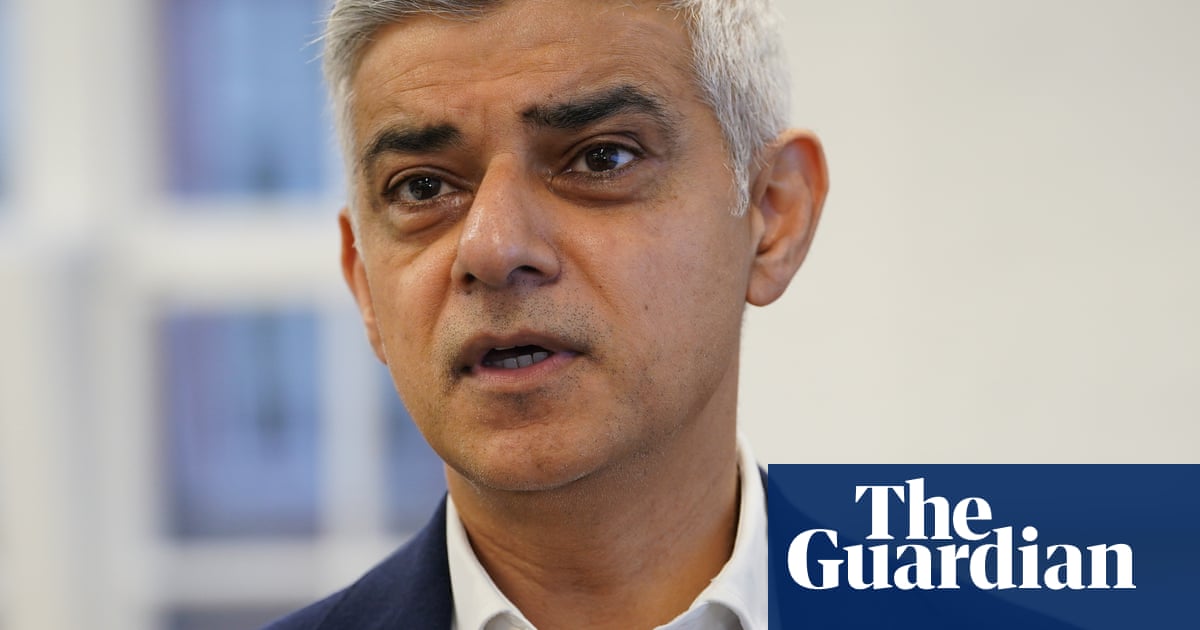Ministers must not “stumble into the trap of putting our towns and cities against each other”,Sadiq Khanwill warn, as he delivers a blistering attack on the Treasury’s decision to sideline London in this week’s spending review.
In a state ofLondonaddress, the capital’s mayor will urge ministers to stop treating investment as a zero-sum game between north and south – arguing that some of the worst deprivation in the country is within London’s borders.
“I’ve seen first-hand how parts of our city suffer from some of the worst poverty and deprivation in the country,” he will say. “As someone who grew up on a London council estate, I know help for our communities should be based on need not geography.
“A child blighted by a lack of support and opportunity in Newham or Lewisham is just as deserving as a child born into similar circumstances in Newcastle or Leeds.”
The spending reviewon Wednesday confirmed London would receive no new infrastructure investment – despite longstanding demands for funding to unlock housing, improve policing, and support the next phase of the Docklands Light Railway extension.
Privately, Khan is said to be furious. In public, he will go on the offensive, saying that London contributes nearly a quarter of the UK’s GDP yet remains home to some of the country’s poorest communities.
“Restricting investment in our capital city doesn’t just limit our power and dynamism,” he will argue. “It risks jeopardising growth, job creation and opportunity across the UK.”
While welcoming Labour’s decision to increase funding for Transport for London and confirming that HS2 will reach Euston, Khan will warn that the Metropolitan police remain at risk due to “inadequate” funding – threatening to reverse gains made since the last election.
The mayor’s intervention comes at a moment of international grief. Khan will open the debate with condolences after thecrash of Air India flight 171, which crashed en route to Gatwick. The aircraft was carrying 53 British nationals. “It’s highly likely some of the passengers were either Londoners or had ties to our city,” Khan will say. “We stand ready to assist in whatever way we can.”
Turning back to his domestic priorities, Khan will highlight achievements during his nine years in office, including the delivery of more new homes than at any point since the 1930s, record levels of council housebuilding, the expansion of the Hopper fare, and free school meals for all London state primary school children.
He will also hailthe Elizabeth line, which he says created 55,000 jobs and more than 1,000 apprenticeships nationwide, as a template for what can happen when London is properly funded. He will argue that the proposed DLR extension to Thamesmead could deliver a similar national boost.
But Khan’s central message is one of unity – and warning. “We must never allow ourselves to be drawn into false choices,” he will say. “London’s success is not a threat to other parts of the UK – it’s a driver of their prosperity too.”
